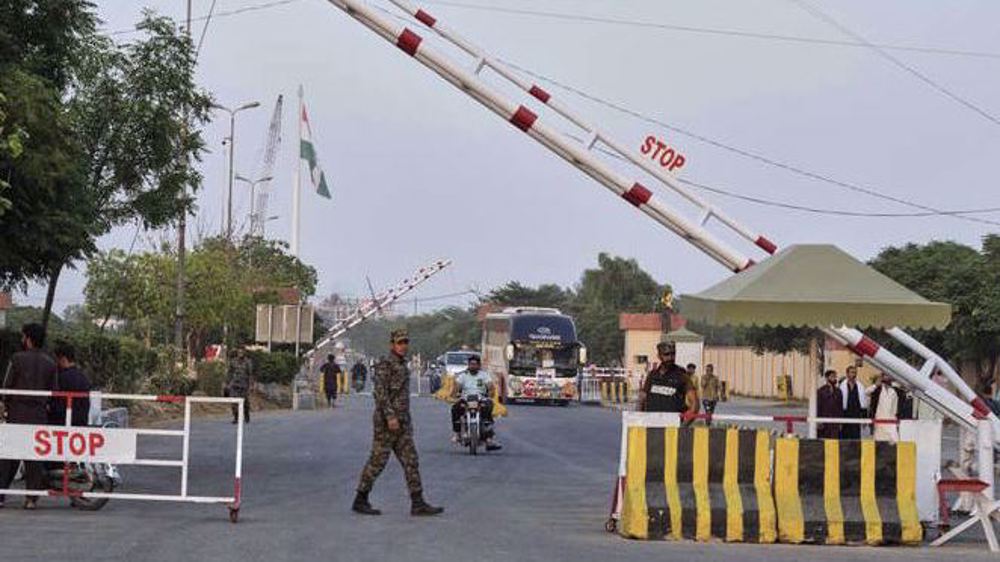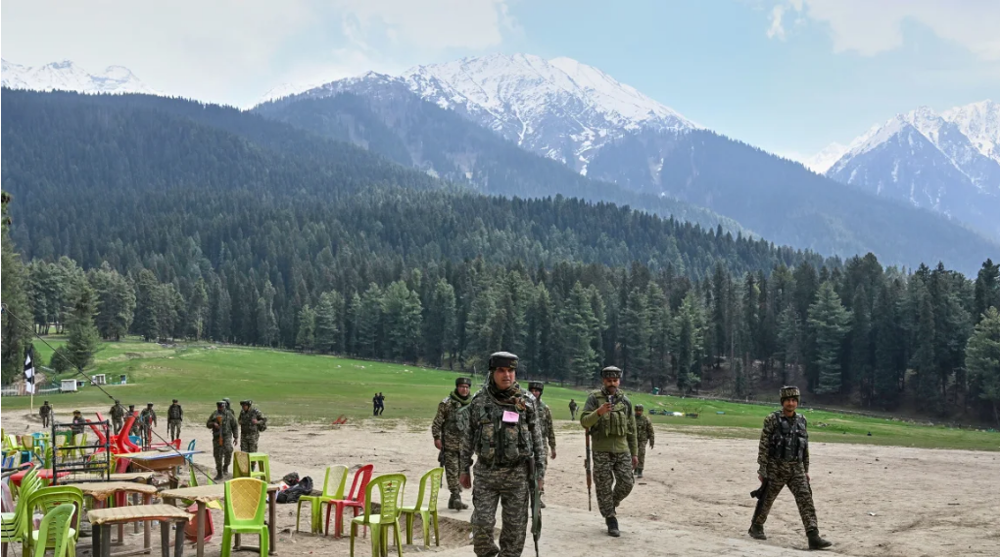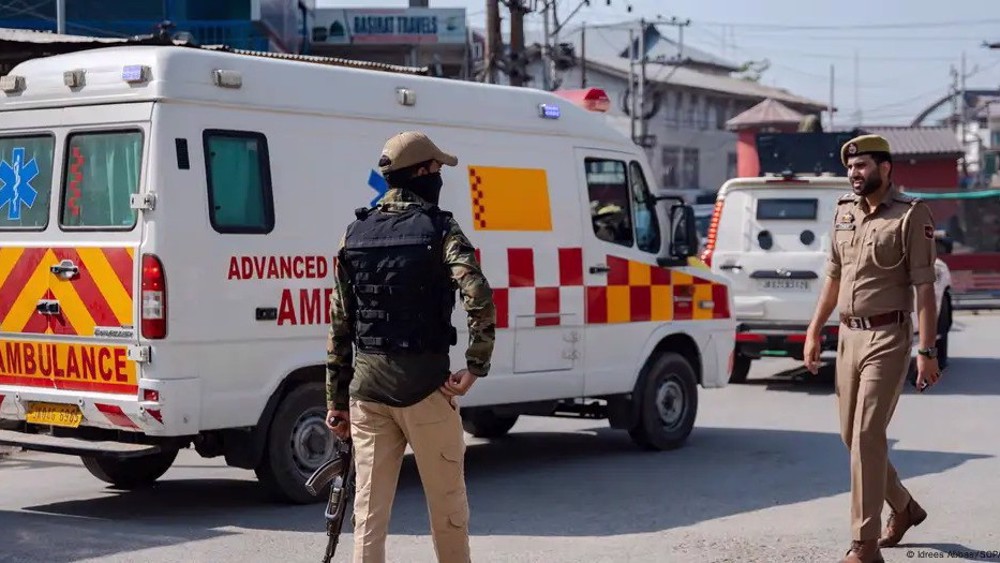10 Indian troops feared dead in Kashmir avalanche
There is little chance of finding alive any of the 10 troops who went missing after an avalanche struck the Siachen glacier in Indian-administered Kashmir, military sources say.
"It is with deepest regrets that we have to state that chances of finding any survivors are now very remote," Indian Army General D. S. Hooda said in a statement on Thursday.
However, Hooda emphasized that special equipment has been flown in to Leh, the main city in the high-altitude region known as Ladakh, to assist the rescue efforts. "Rescue teams are braving adverse weather and effects of rarified atmosphere to locate and rescue survivors."
The soldiers were buried under snow on Wednesday after avalanche struck the Siachen Glacier region, the world’s highest and coldest militarized zone.
At least four Indian troops were killed early this year by an avalanche near Leh, which is located about 435 kilometers (270 miles) east of the region’s main city of Srinagar.
Also in April last year, four soldiers died in an incident during which their vehicle was buried in an avalanche across the same region of the scenic Himalayan valley.
Almost 8,000 Indian troops have lost their lives on the glacier since 1980s, almost all of them from avalanches, landslides, frostbite, altitude sickness or heart failure.
Siachen Glacier is considered the highest mountainous battlefield between Pakistan and India in Jammu and Kashmir.
Thousands of Indian and Pakistani troops are stationed on the freezing Himalayan terrain. In 2012, an avalanche in the Pakistan-controlled part of the glacier killed 140 people, including 129 soldiers.
Indian and Pakistani troops regularly traded fire along the Line of Control (LoC) on Siachen till a ceasefire was put in place along their de facto frontier in Jammu and Kashmir in late 2003.
Kashmir lies at the heart of almost 69 years of hostility between India and Pakistan. Both neighbors claim the region in full but have partial control over it. Islamabad and New Delhi have fought three wars, two of which were launched over Kashmir, since their independence from the British colonial rule in 1947.

India, Pakistan exchange fire as UN calls for 'maximum restraint'

India, Pakistan escalate tit-for-tat moves with military threats

India downgrades ties with Pakistan after deadly Kashmir attack
Iran offers mediation as India-Pakistan tensions escalate
VIDEO | Massive rally in Yemen continues support for Palestine despite US aggression
Iran backs sovereign, stable Syria free of terrorism, UN envoy says
Iran-US talks: Trump, sanctions and the mirage of a durable nuclear deal
VIDEO | Gaza’s looming famine
US universities defy Trump deportations of foreign students
WFP: Food stocks depleted in Gaza due to all-out Israeli blockade
Yemenis hold nationwide rallies to condemn US aggression, support Palestine











 This makes it easy to access the Press TV website
This makes it easy to access the Press TV website